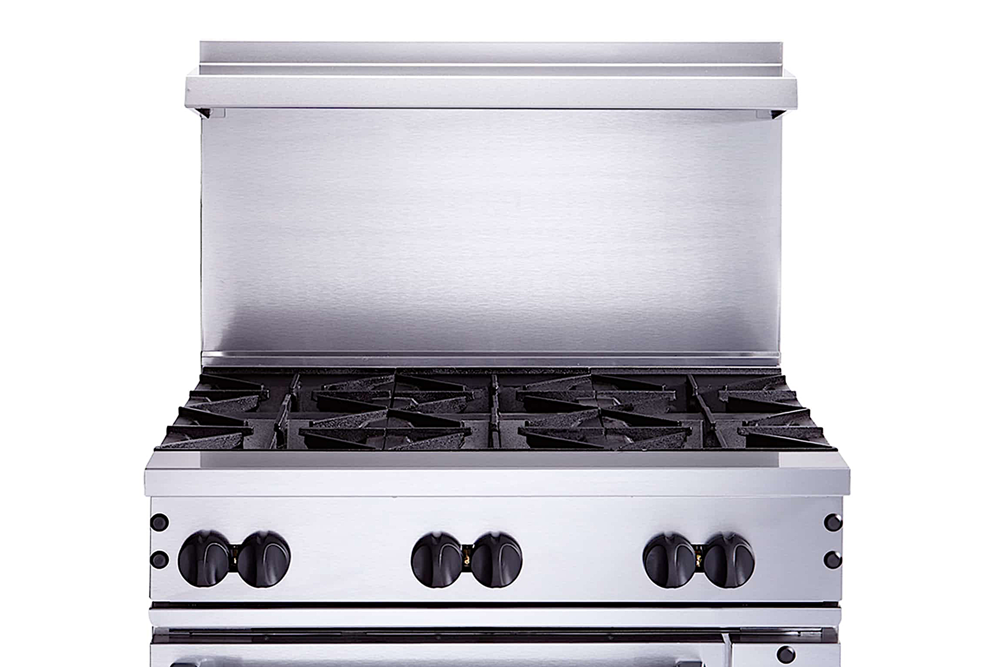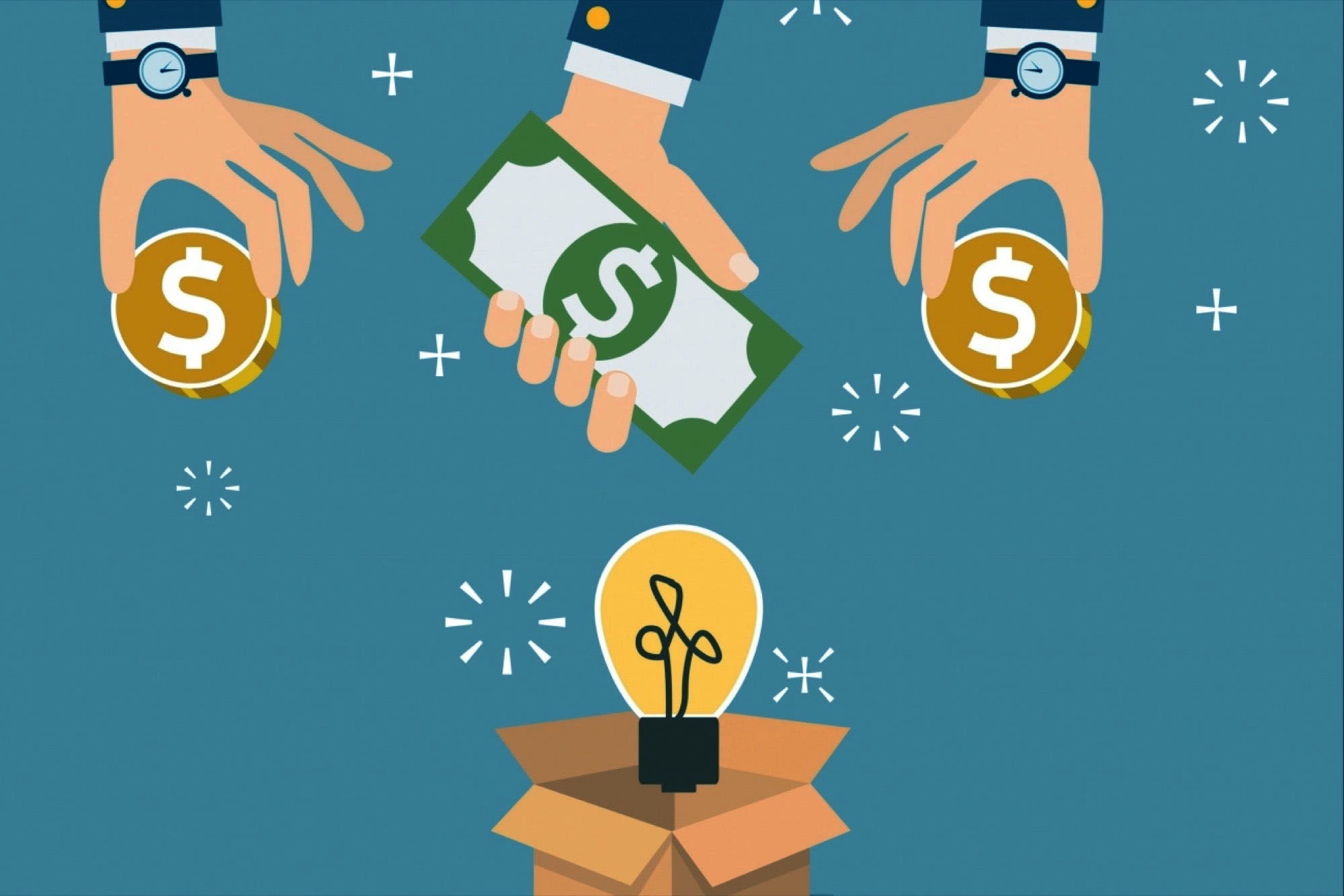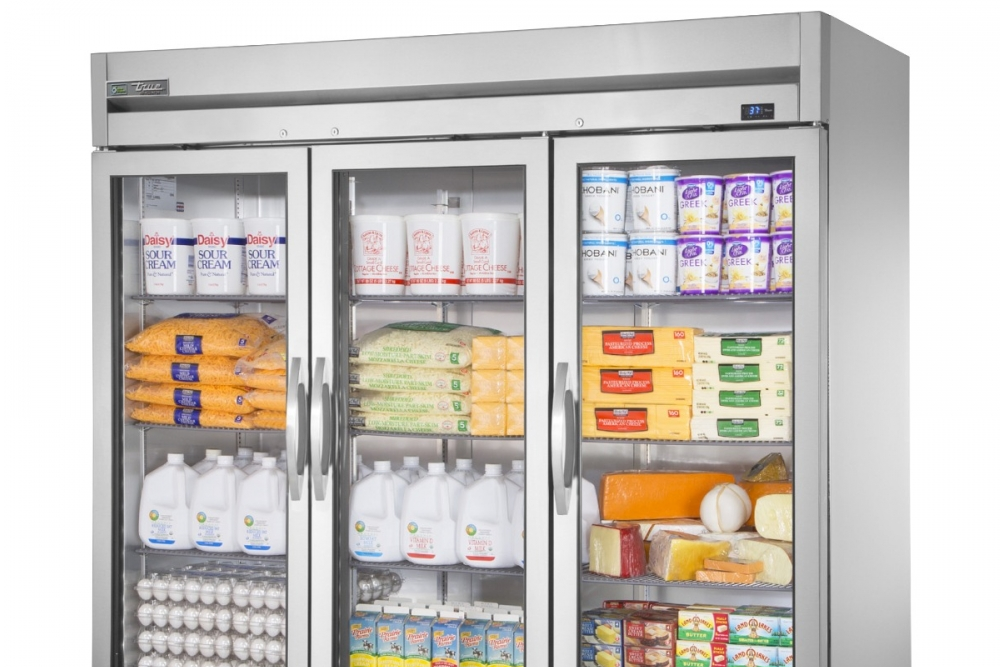Whether you are starting or you are ready to take things to the next level, you need capital to power your small business. And provided you do not have the funds readily available; you will likely need to take out a small business loan.
However, before you begin researching what getting a small business loan comprises, there are some key things you need to nail down first. For example, you need to figure out what you can use an SBA loan for and what you cannot precisely. Without this information, you are unlikely to qualify for an SBA loan; the loan will not help you move the needle.
What you can invest in SBA loan programs?
How to use Paycheck Protection Program loans?
PPP (Paycheck Protection Program Loans) is unique in that it is mainly designed for payroll support. If used properly, they might be fully or partially forgiven. These Small Business Administration loans must be used over an eight-week period, at which time businesses will require to apply through their lender for forgiveness.
Small businesses that get a PPP loan should use it for:
- Salaries, commissions, and wages: Use the money to keep your employees on staff rather than laying them off, furloughing them, or cutting their hours.
- Sick leave, medical, and family: PPP loans can be used to cover paid off (PTO) and insurance premiums, medical and sick leave.
- Utilities, rent, and mortgage: Use a PPP loan to cover your utility and rent payments.
- Interest payments on pre-existing obligations: You can also utilize PPP loans to cover interest payments on your mortgage ( note, not the principal payments) or other debt obligations accumulated before the covered period.
Economic Injury and Disaster Loan (EIDLs)
Similar to the Paycheck Protection Program, EIDLs are meant to be utilized for particular purposes. Business owners should use EIDLs like working capital to pay off-long-term debts, inventory, accounts payable, family and sick leave, employee payroll, fixed expenses, and other relevant costs. These emergency loans should not be used to pay shareholder distribution, refinance debt, or satisfy tax penalties. Generally, EIDLs are low-interest loans with a maximum maturity of thirty-years determined by your lender.
How to Use SBA CAPLines?
The SBA provides working capital loans to businesses that have to solve short-term cash flow problems or meet seasonal funding obligations. The loans, which can reach as high as $5 million with a maximum maturity of ten years, are maybe best for businesses that require access to credit lines making sure they can meet their recurring operating costs and absorb unpredicted expenses.
SBA CAPLines is a revolving asset-based line of credit. Businesses that sell and buy inventory or need to finance contracts can benefit from this kind of financing. Here is how you can use the CAPLine programs:
- Contract CAPLine funds: Contractors generally use these to fund specific contracts- the inclusion of administrative and general expenses. You cannot use the money to pay taxes, buy assets, working capital loans, or fund debt.
- Working Capital CAPLine funds: You can utilize these finances to cover short-term working capital needs. You cannot use the loan to pay taxes.
- Builder’s CAPLine Loan: You can use these to fund construction and renovation projects. Approved expenses include utility connections, landscaping, direct fees, equipment, materials, supplies, labor, among other things.
- Seasonal CAPLine funds: If your business requires to pay for offset high receivables and inventory during the busiest times of the year (for instance, a house painting business), look into Seasonal CAPLInes funds. In some situations, you might use the money to absorb increased labor expenses that are seasonal.
Top uses of SBA Community Advantage Loans
The SBA established its Community Advantage Loans program, in 2011, which is created to promote businesses that operate in underserved communities. Under this program, up to $250,000 is available to established and startups companies that wish to expand. Funds are comparatively flexible, and you can use them to cover working capital costs, acquire assets, buy inventory, and more.
SBA 504 loans
Small businesses that require long-term loans are fixed asset acquisitions- such as heavy equipment, buildings, and buying property- can find the financing they require through the SBA loan program.
You can use SBA 504 in various ways, including:
- Buying land and land improvements, the inclusion of street improvements, grading, landscaping, parking lots and utilities
- Purchasing buildings
- Buying equipment or machinery that you intend to use over the long term
- Building new facilities or renovating existing ones
- Refinancing debt that stems from expanding business through equipment or facilities
However, the 504 program comes with some restrictions. You cannot use these funds to consolidate debt, buy inventory, or as working capital.
Uses of the SBA 7(a) loan
There is not just one 7(a) program. There are actually many types of 7(a) loans that small business owners can use to get financing. Based on what you intend to use it for, you might find that one of the other 7(a) programs are actually better for your goals. Based on the SBA lender you ultimately work with, you can use your SBA 7(a) loan for various expenses. Here are top uses for loans that fall into the SBA umbrella:
- Refinancing debt: A commercial mortgage, revolving line of credit, even another SBA loan: as long as your business is being held down by unfavorable loan terms, an SBA 7(a) loan can assist you to refinance.
- Repairing existing capital: Do you need technology upgrades or new computers to stay competitive in the market? What about operating equipment that needs updating, leasehold improvements, or commercial vehicle repairs? Repairing existing capital with the SBA 7(a) loan program can assist bring your company into the 21st century.
- Land and real estate: Whether you are buying a building, renting office space, or planning new construction on vacant land, you can utilize the SBA 7(a) loan to assist you in paying for the physical space that your business occupies. Redo your parking lot, improve your landscaping and adjacent street, or adjust the grading with up to five percent for public improvements such as sidewalks or curbs. Use the SBA 7(a) for business mortgages on owner-occupied real estate, expanding a second location, or acquiring land or a new facility.
- Equipment: From time to time, you will need to make big, infrequent purchases such as work vehicles, furniture fixtures, and machinery. You will undoubtedly need smaller equipment purchases as well, such as raw materials and supplies. If you can show that a specific equipment purchase is essential to the ongoing success or growth of your business, there is a good chance you can get an SBA 7(a) equipment loan to finance it.
- Working capital: Using the SBA 7(a) loan for working capital is a must-have for most American small businesses. You require money to pay employees, keep your business afloat, buy, and move inventory. The SBA 7(a) program can get you the working capital you require to survive a rough patch or scale-up.
- Buying a business: Do you need to buy a business? To get funding through an SBA program, you will require a proven aptitude in your field collateral to invest and good credit. SBA lenders often provide loans in the 7(a) program to business owners who can show that they are buying a potentially lucrative business. If your industry experience and business plan are solid, an SBA loan might be the perfect stepping stone.
- Start-up costs: Start-ups have unique needs, the inclusion of research expenses, advertising, technology, and employee expenses. Not unless you are independently wealthy, you will need help funding your new business venture- and as far as your business is eligible for the SBA 7(a) and you have a high credit score, you should have no trouble securing an SBA 7(a) loan for your startup.
The SBA Microloan Program
The SBA Microloan Program is established for very small loans that are available for growing small businesses or newly established.
Microloans can be used for:
- Equipment or machinery
- Fixtures or furniture
- Supplies or inventory
- Working capital
Similar to 7(a) loan, loan proceeds cannot be used to pay existing debts. They might also not be used to buy real estate. Generally, most small business owners utilize SBA loans and SBA Express loans to accomplish various goals. Below are some uses for which an SBA loan can come in handy:
- Meeting payroll to take care of your staff
- Purchasing supplies or furniture for your office
- Purchasing long-term assets, like equipment and machinery
- Advertising and marketing, with the aim of growing your business
- Running basic business operations
In short, most business owners can find uses for SBA loans. Borrowers can use the funds from SBA programs for most legitimate purposes, even though there are some limitations, making them less flexible than other financing sources.












